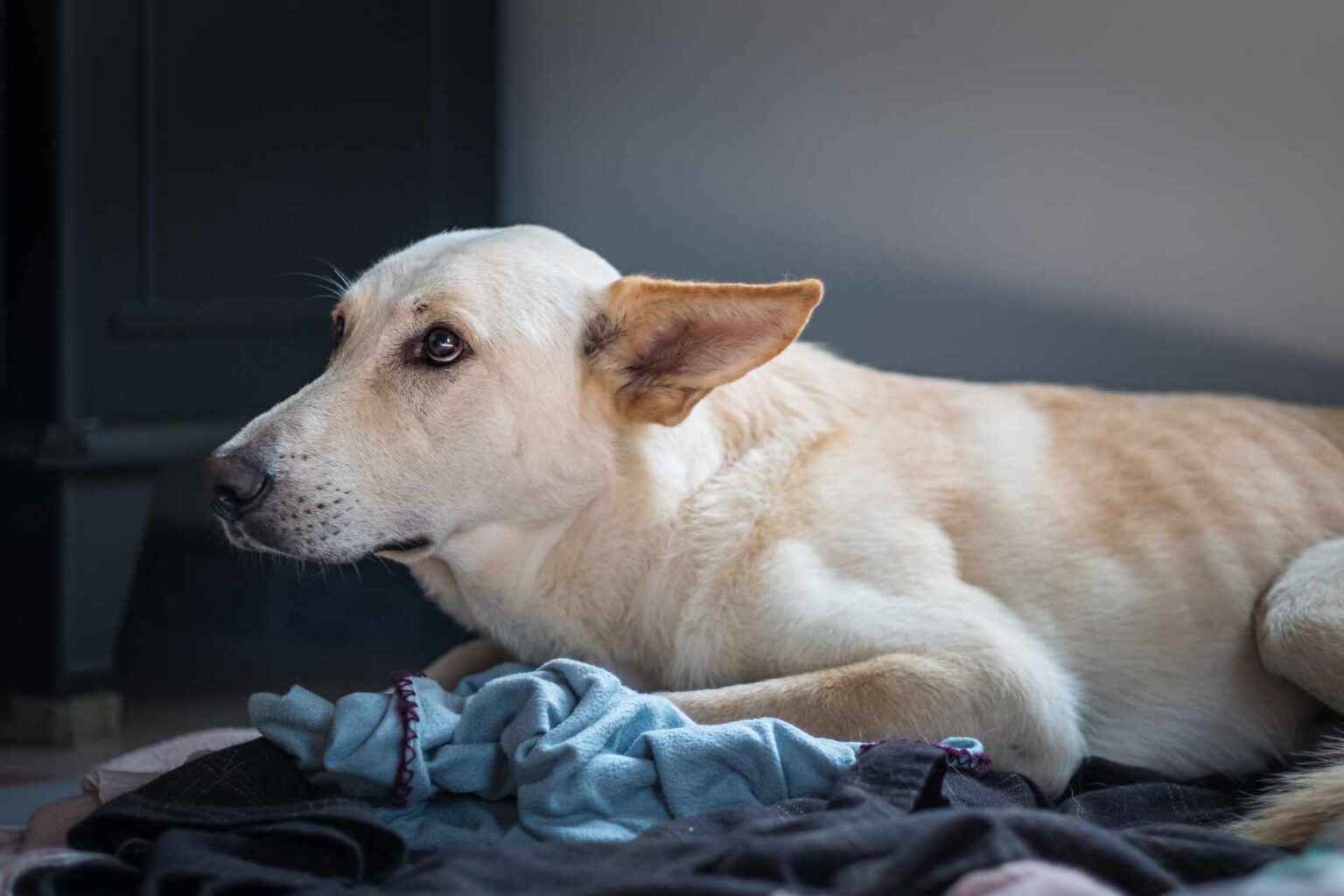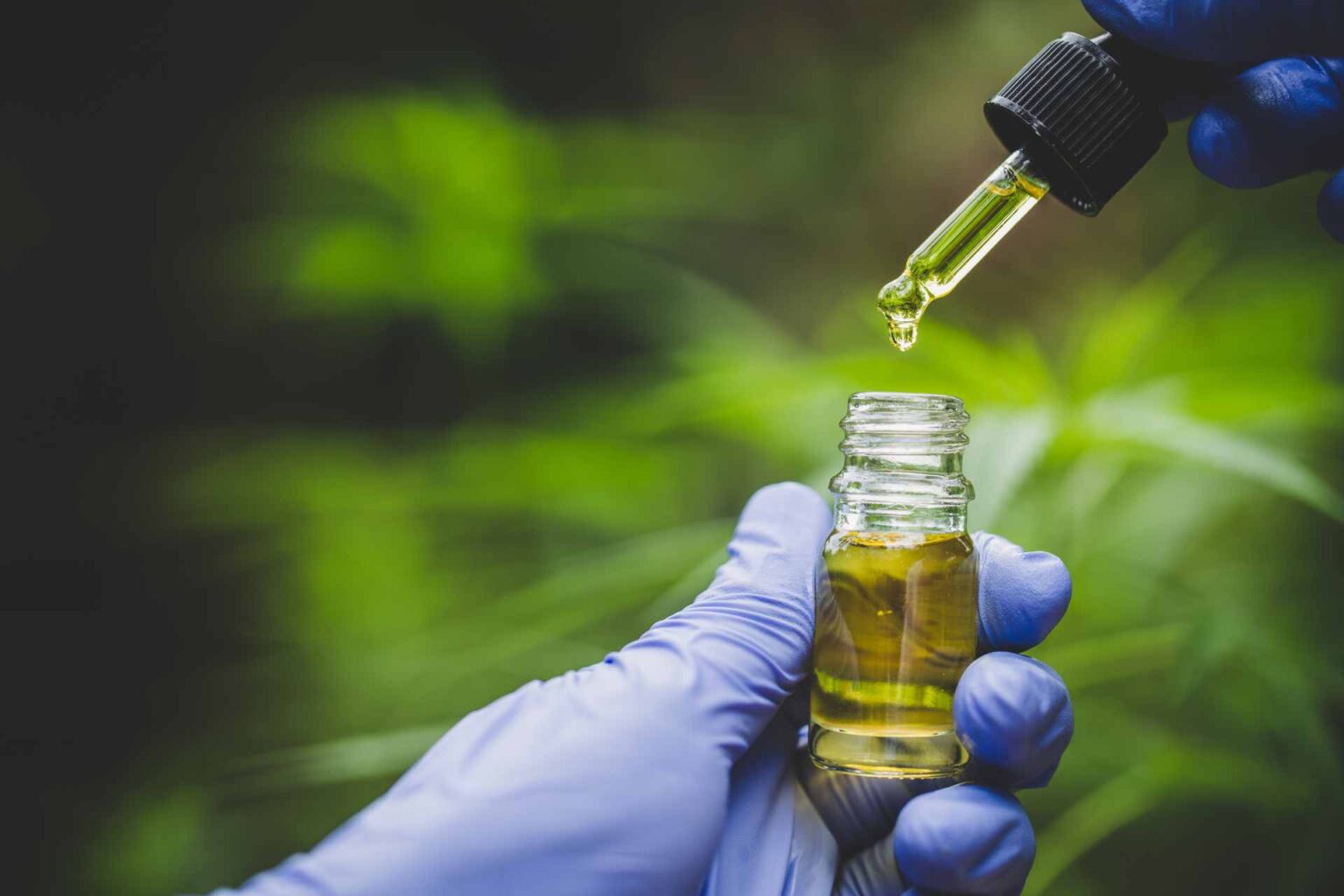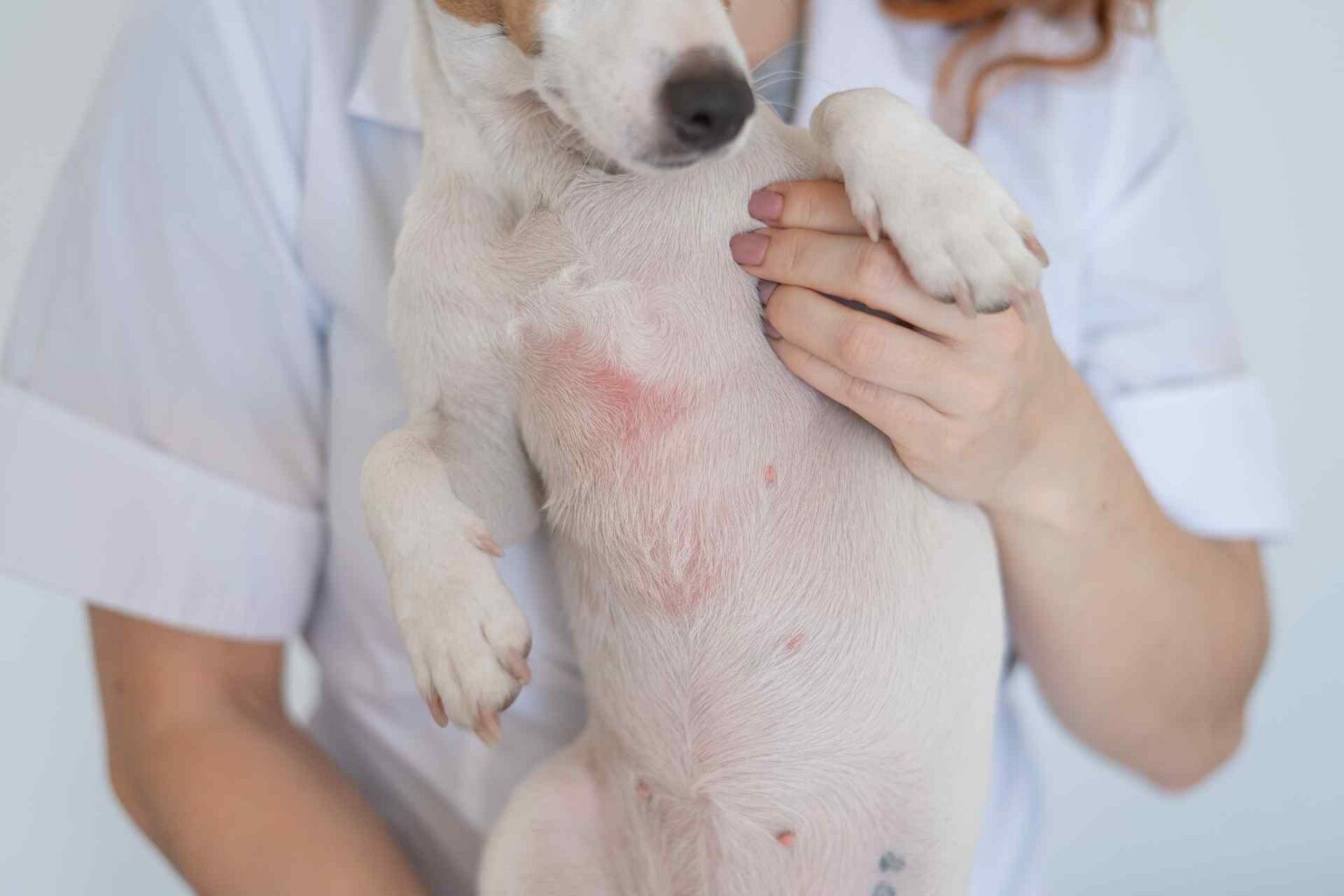University of Teramo study evaluated the efficacy of a product containing the probiotic Lactobacillus reuteri, zinc oxide and blackcurrant seed oil.
Complementary feeds can be of great help in regulating the gut microbiota, which plays a crucial role in the health of dogs and in stimulating the production of short-chain fatty acids.
A study conducted at the University of Teramo evaluated the effectiveness in this regard of Ribes Pet Symbio,a product containing the probiotic Lactobacillus reuteri, zinc oxide and blackcurrant seed oil.
The analysis was performed on stool samples collected from 3 healthy adult dogs. Batch culture was performed in a pH- and temperature-controlled fermenter with Ribes Pet Symbio as substrate: samples were taken from the culture vessel at time zero, i.e., at the beginning of the fermentation process, and after 6 and 24 hours.
From each fermentation sample, bacterial DNA was extracted and real time PCR was performed to identify the bacterial group and quantify the short-chain fatty acid content.
What the study found
The results of the analysis indicated a significant increase, compared with time zero, in the concentration of lactobacilli as early as after 6 hours of fermentation, an increase that continued up to 24 hours; the concentration of bifidobacteria also increased significantly after 24 hours of fermentation. These findings are important because the two bacterial groups protect the host from infection and thus have positive effects on the organism.
In addition, as a result of fermentation, the concentration of enterobacteria, which are normally present in the intestinal tract, and that of bacteroids increased; in the latter case, it is not possible to say with certainty whether the result is to be interpreted positively, because this bacterial group includes both beneficial microorganisms and pathogenic germs.
In contrast, for clostridia, Ribes Pet Symbio was shown to maintain stable concentration after 6 hours of fermentation, with a modest increase only after 24 hours.
With regard to short-chain fatty acids, the concentration of acetic acid in particular increased after fermentation; that ofpropionic acid also increased, albeit more moderately, while that ofbutyric acid showed only a modest increase.
Reference
Belà B, Di Prinzio R, Pignataro G, et al. Effects of Ribes Pet Symbio on the canine intestinal microflora and production of short-chain fatty acids.











